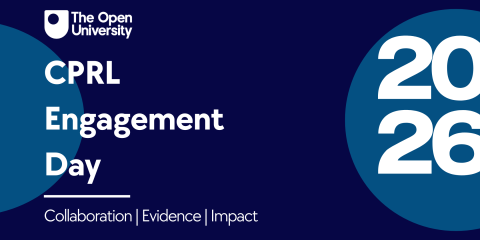0.01 Putting research evidence into practice using the mystery face procedure
Academic team: Dr Catriona Havard, Prof Graham Pike, Dr Hayley Ness, Dr Virginia Harrison
Policing partners: Greater Manchester Police
Status: Complete
A review of eyewitness identification research revealed that the results of research and the recommendations of researchers are not currently reflected in policing legislation or procedural guidelines. For example, the use of double-blind procedures by the world's police forces is very rare indeed, and not present in UK guidelines, despite its prominence in the recommendations of key learned societies (e.g. APA and BPS).
The project explored some of the reasons behind the disjuncture between research and practice by surveying UK police officer’s knowledge of, and attitudes, towards eyewitness research, and also their opinions of current practice in this area. The results showed that police officers, including those actively involved in eyewitness identification, have a very poor knowledge of relevant research and recommendations. The survey also showed that officers believe current procedures work well, although they also indicated that they wanted to learn more about current research of relevance to their profession.
Interestingly, officers’ estimates of rates of identification of an innocent suspect were comparable to those from research. Taken together with responses about the changes to identification procedures that officers would like to be implemented, these findings indicate that a key potential problem remains the difference between the underlying goals of researchers, who are concerned with preventing misidentifications, and the police, who are primarily concerned with increasing positive identifications.
Outputs
| Title | Outputs type | Lead academic | Year |
|---|---|---|---|
| Executive summary | Report | Pike, G | 2017 |
| Final report | Report | Pike, G | 2017 |
| Presentation | Presentation | Pike, G | 2017 |
| Police perceptions of eyewitness evidence and research | Conference paper | Harrison, V | 2015 |
| Are children less reliable at making visual identifications than adults? A review | Journal article | Havard, C | 2014 |
News
What does the next decade of evidence-based policing look like? Join us for the CPRL Engagement Day on 21 January 2026
This event provides a collaborative and welcoming environment for shared practice, reflection, and strategic direction-setting. Together, we will explore how our partnership can drive forward the next generation of research, innovation, and professional learning across UK policing.
